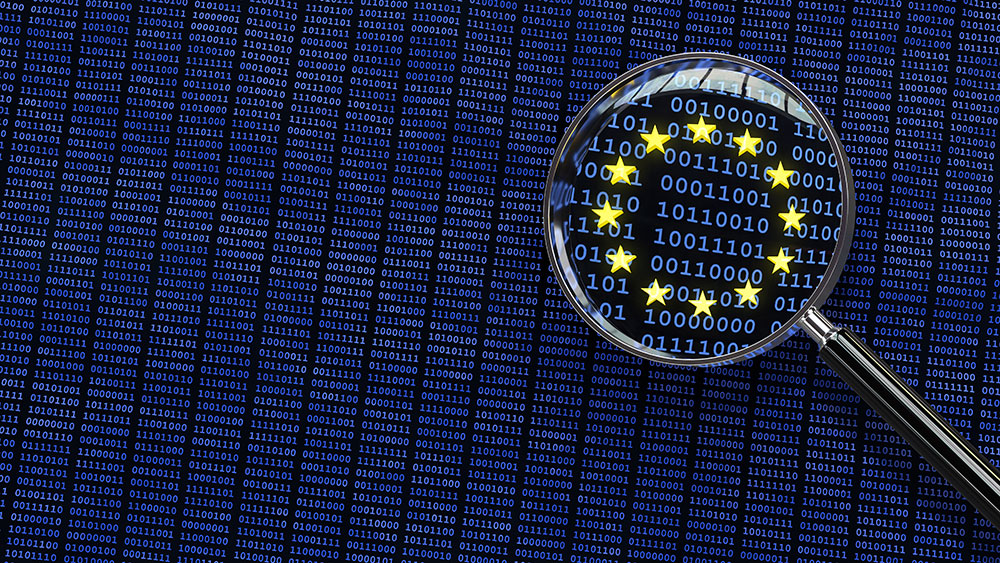Article by: Bob Worrall, CIO, Juniper Networks
On May 25 2018, the General Data Protection Regulation (GDPR) becomes fully enforceable under law, but will organisations be ready to comply by this deadline? Re-read this sentence and you’ll spot that I did not mention the European Union. Although GDPR is a European law, it has global impact for any organisation handling data, compelling clear consent for use and strict guidelines for the management of the personal data for over half a billion people living in, or even just visiting, the EU.
In the EU we have now become used to emails from third-parties requesting permission to continue using our data, with detail on exactly how it will be protected (in preparation for the 25th May deadline on GDPR). This ensures ongoing compliance and has been made even more relevant with the number of recent scandals in the news relating to users’ data privacy. It is also a great chance for us as individuals to clear out old mailing lists – ones that were signed up for years ago but are no longer relevant or useful.
But, what about the bigger picture – is the world ready for GDPR?
Even though we see regular stories about a lack of GDPR readiness, I do not believe that statistics tell the whole story. Many organisations are more prepared than news would have us believe. In my opinion, yes, the world is ready. According to some reports, around 20% of small businesses still lack awareness, but this simply means that not every organisation will have 100% of their process in place on day one. Rather, I think it shows that the majority of organisations are aware of GDPR and are working towards developing and implementing the changes required for compliance.
Organisations around the world are largely ready to comply with GDPR and are now starting to recognise the positive impact cleaner and better managed data can have on businesses. For example, marketing campaigns can be targeted more accurately and business contacts will be more willing to interact and do business as they have chosen to be in your contact database, rather than having been picked up from a ‘badge scan’ or mass email campaign.
GDPR compliance means having the right policies and data management framework in place to protect users’ data, but there is also a competitive benefit to this – when choosing with whom to do business, those organisations with sound security practices will become trusted and this in turn will lead to better relationships and future business opportunities.
Click below to share this article

